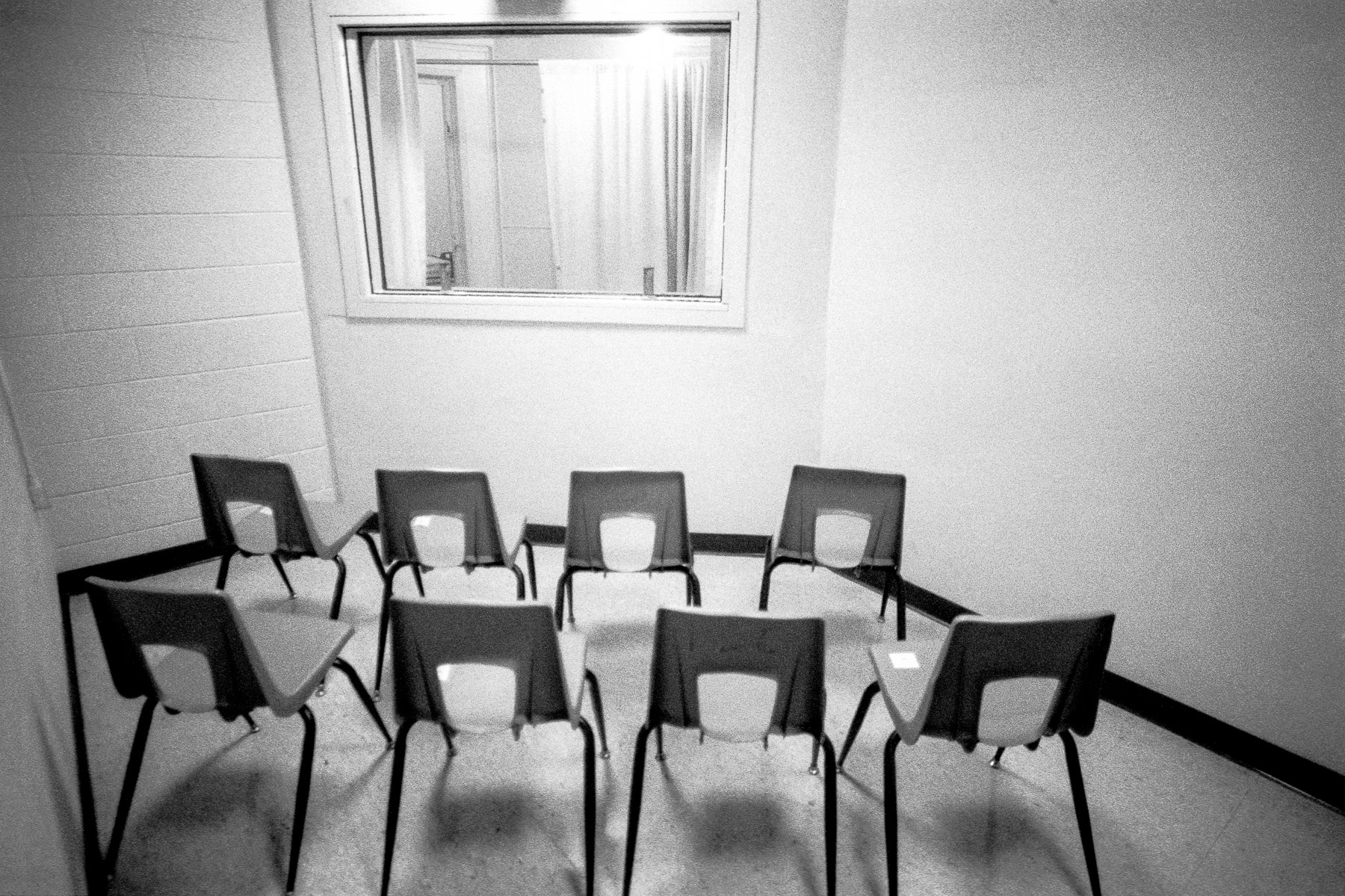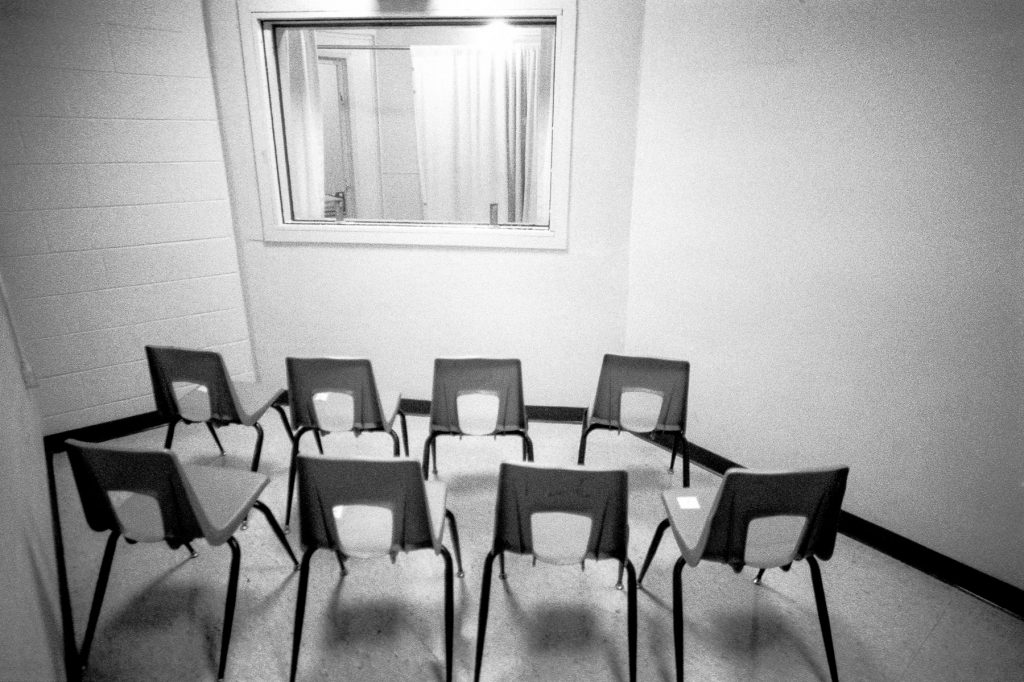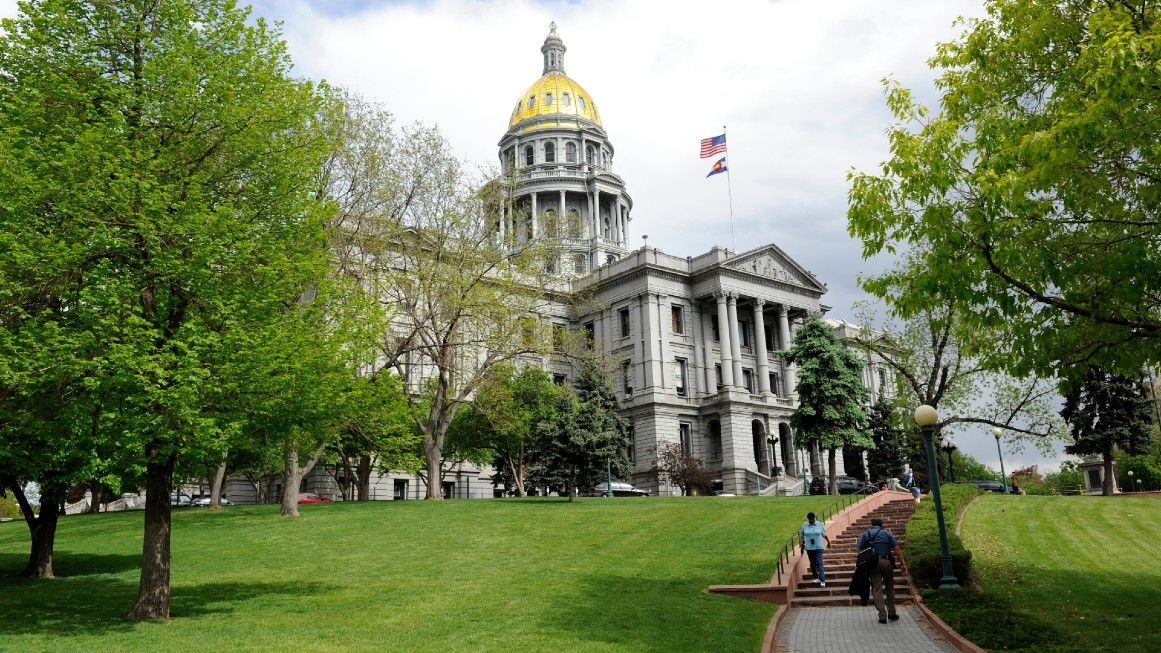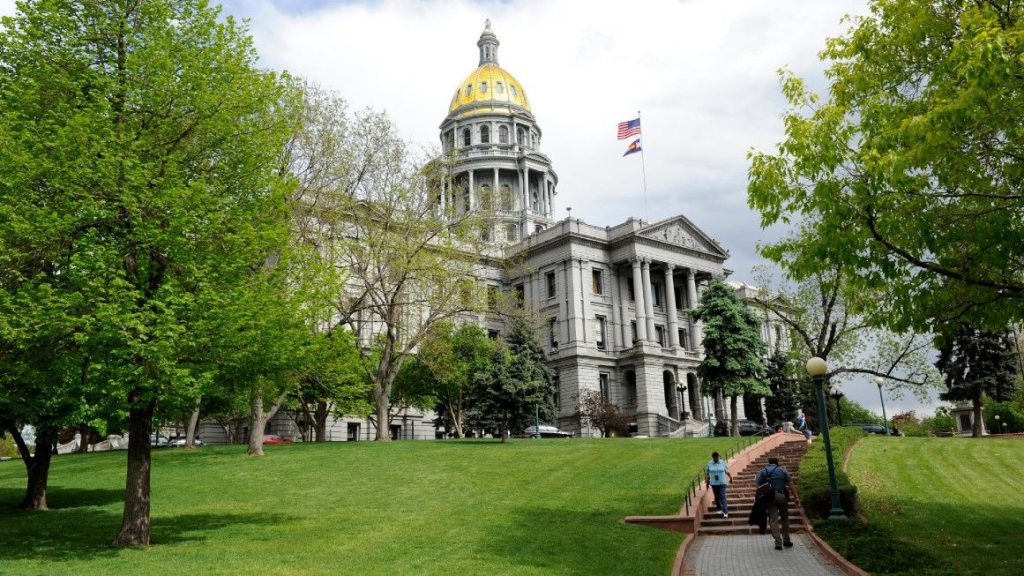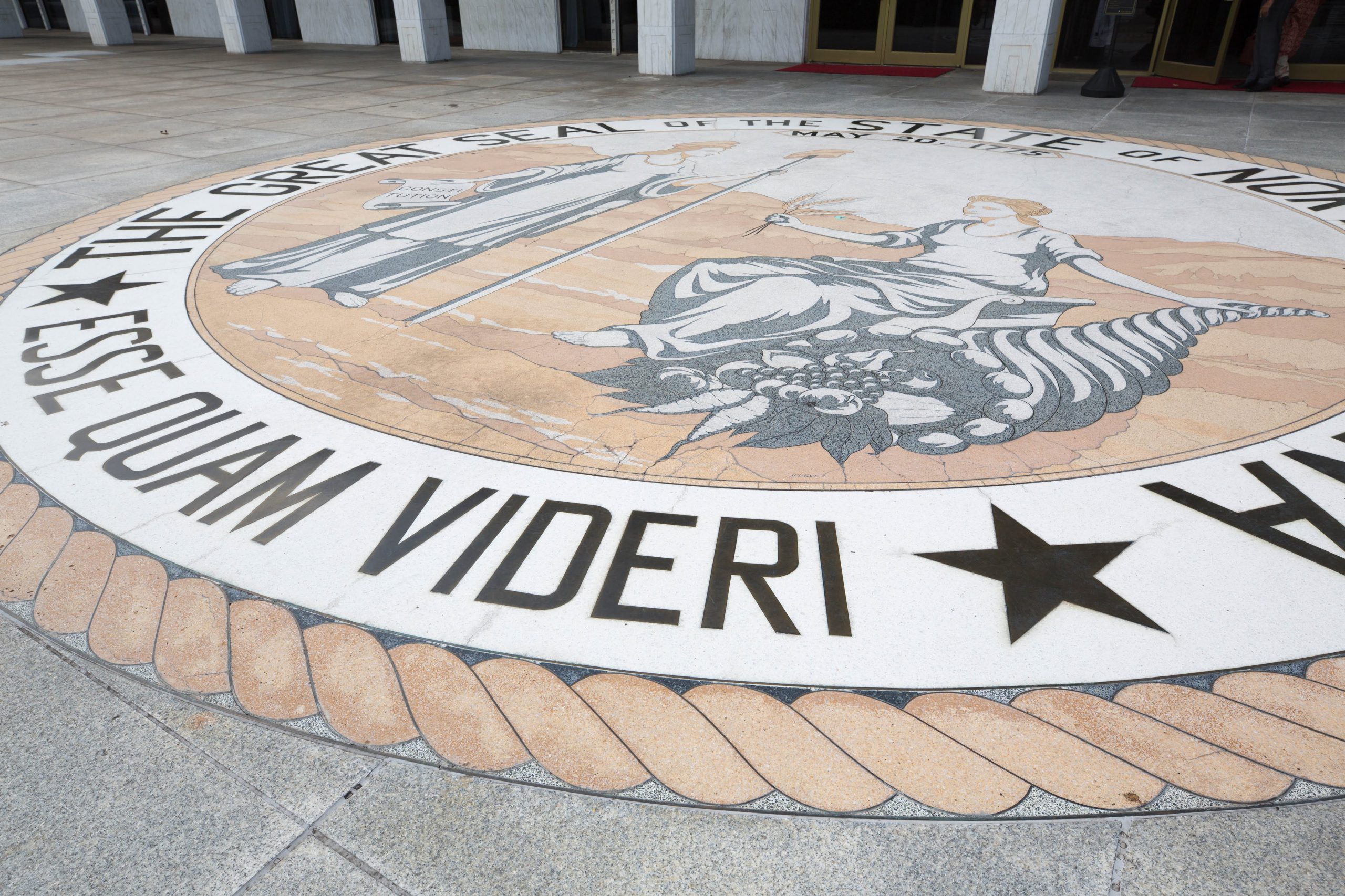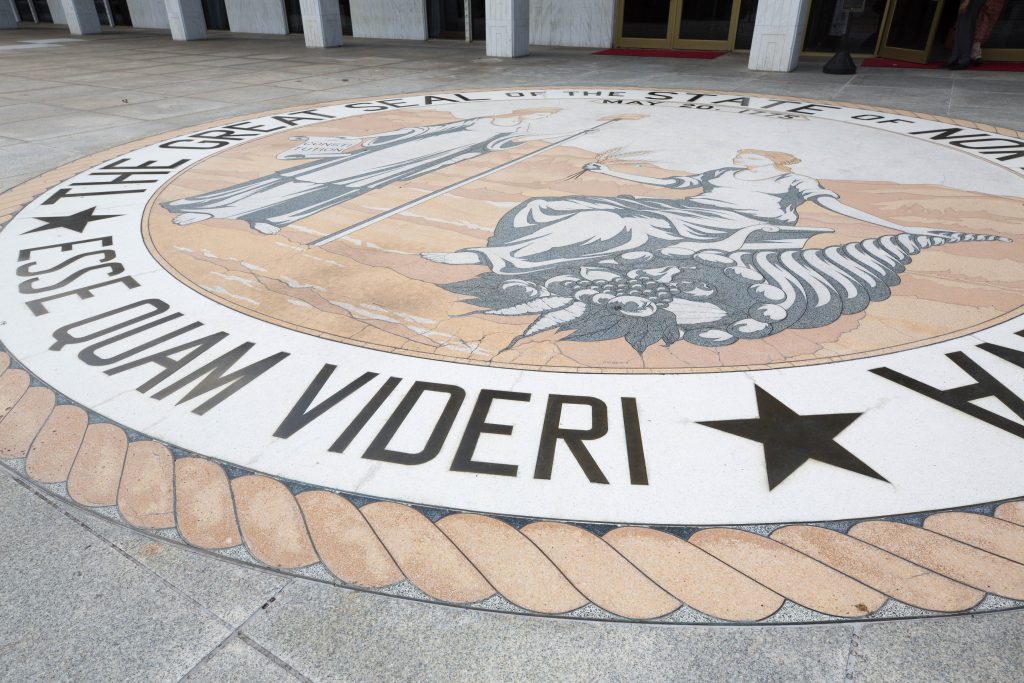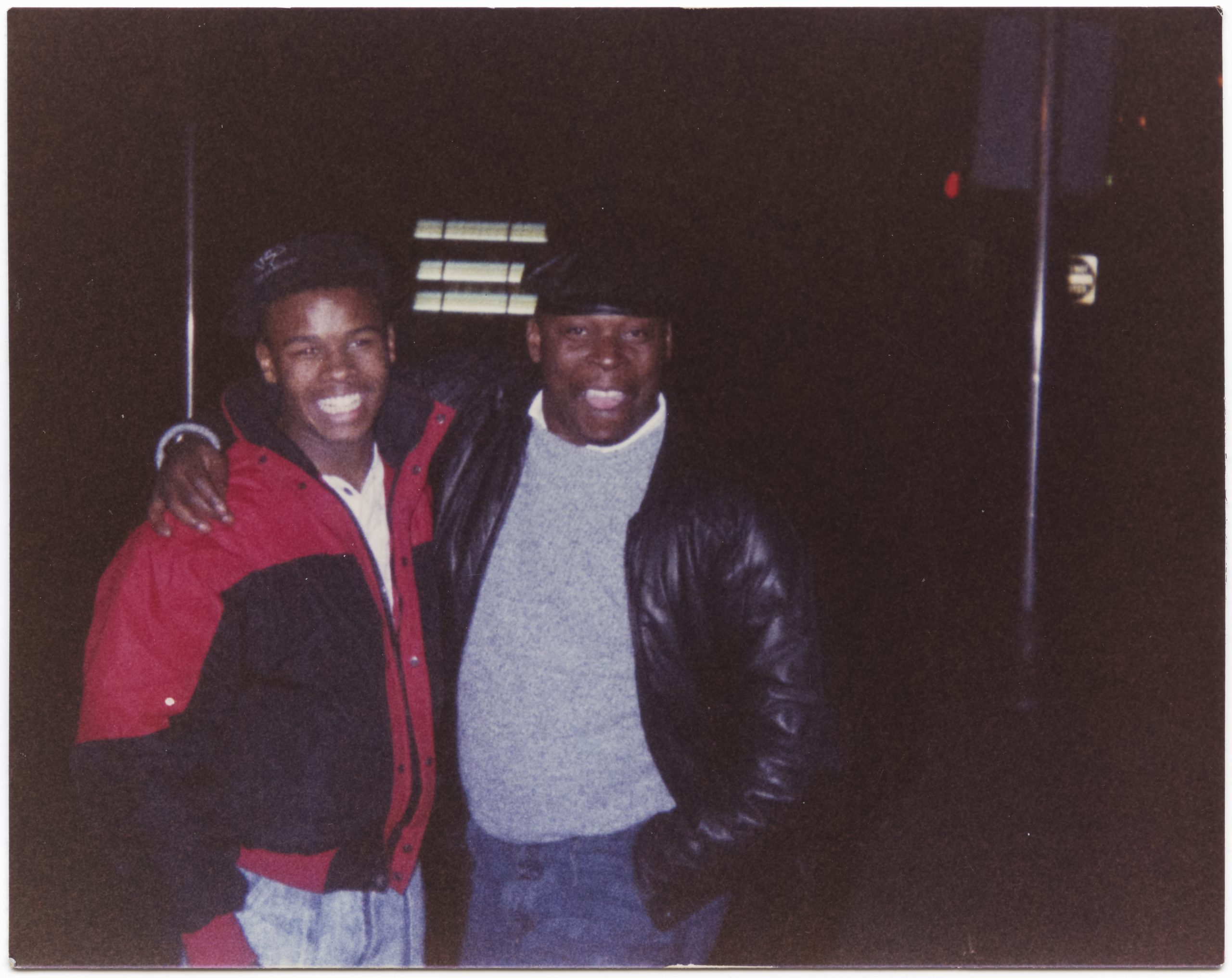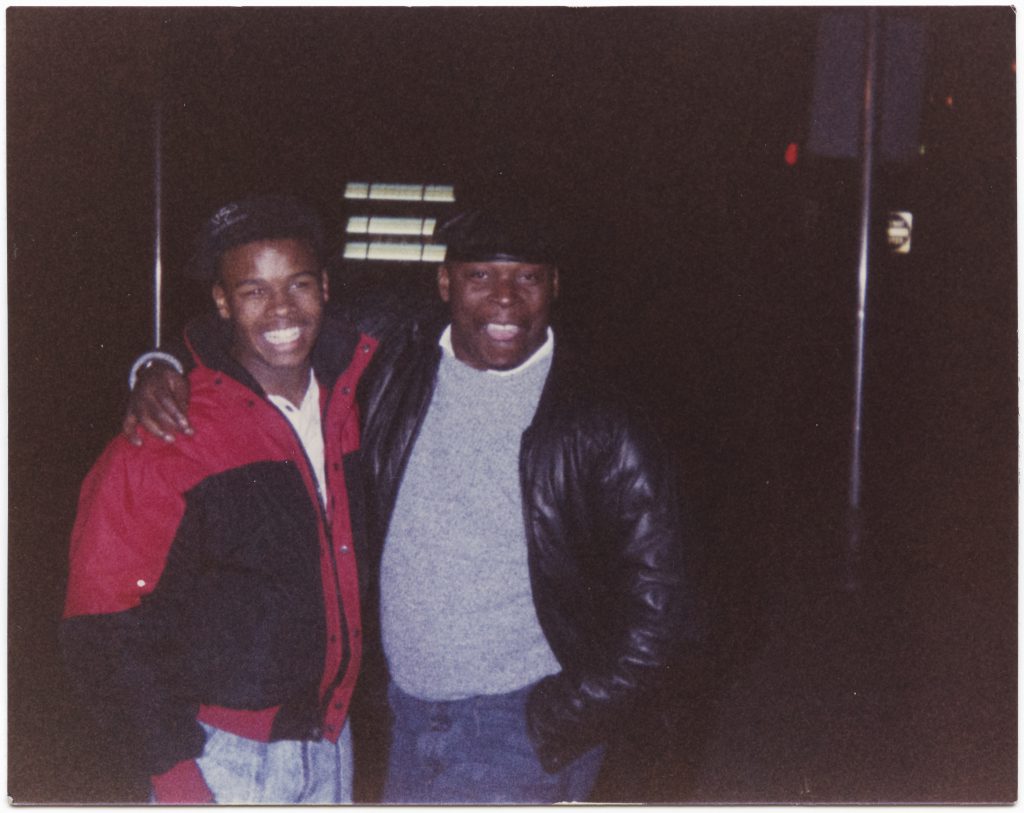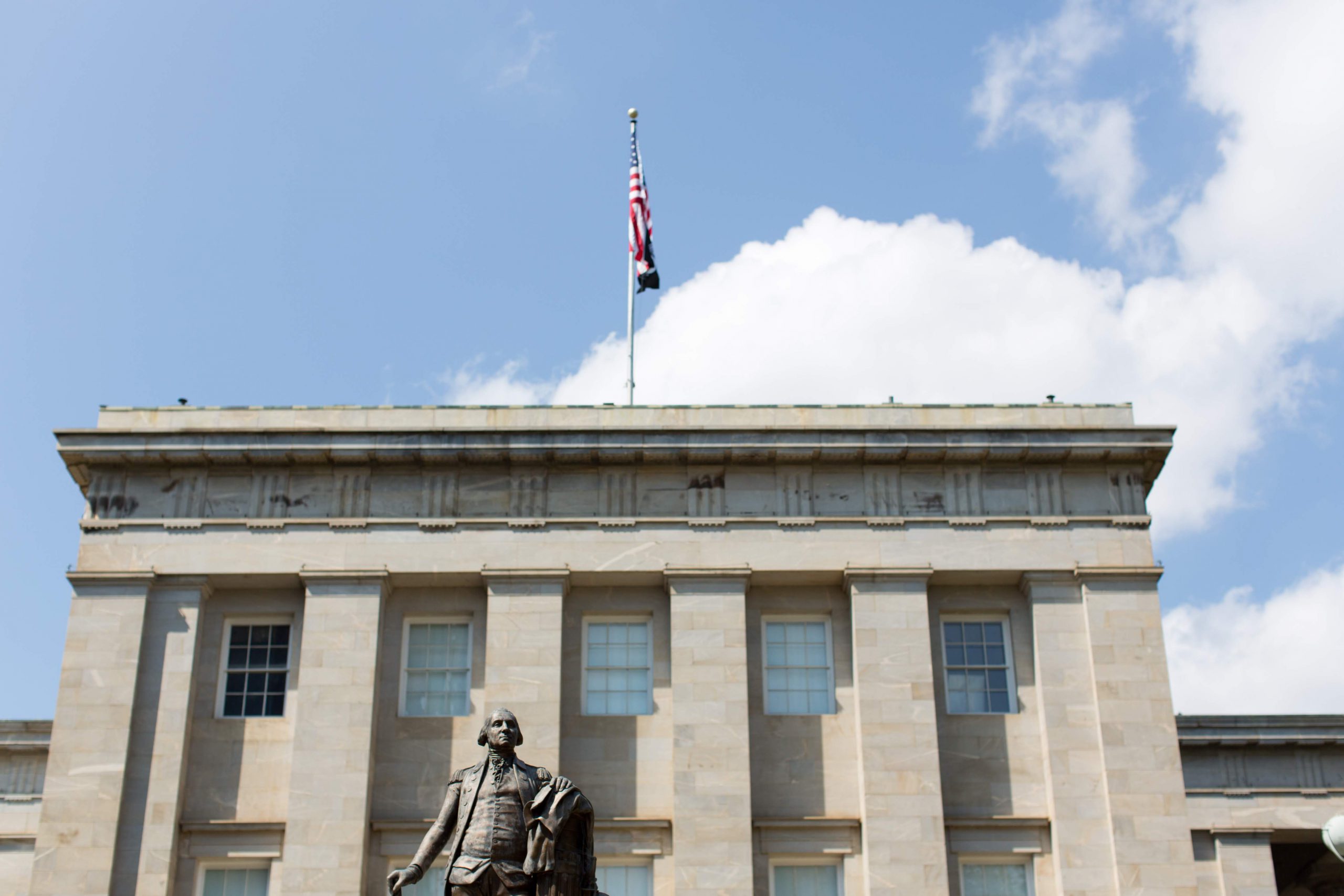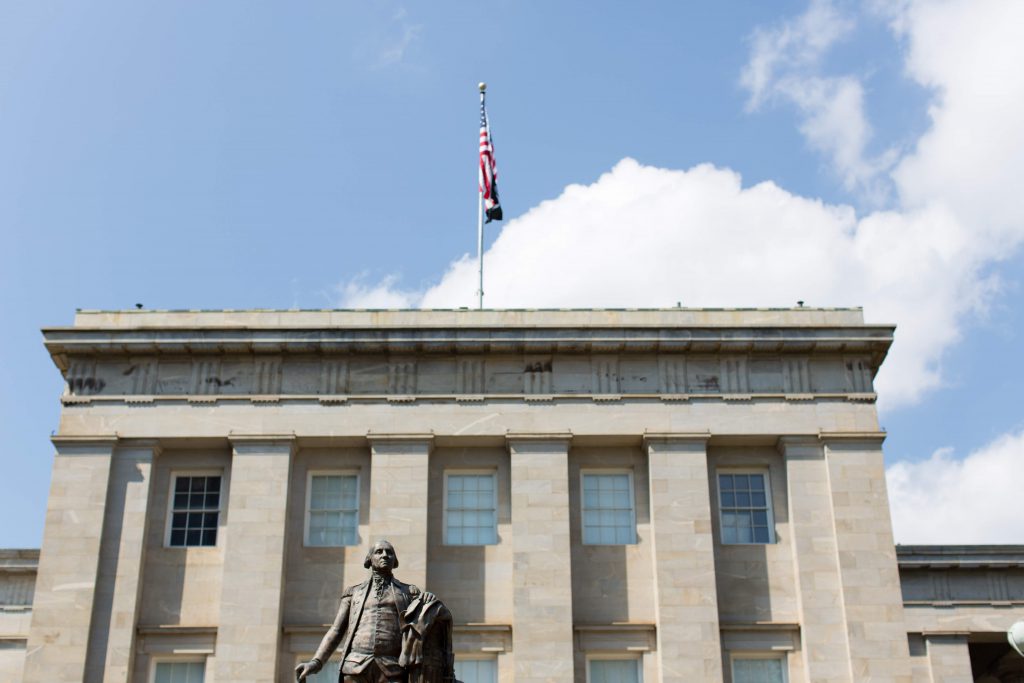In the midst of a Coronavirus pandemic, society is forced to decide which work is essential. Across the United States, that question is now being applied to countless enterprises — including the death penalty. Is it essential for states to kill people? Eighteen executions are scheduled between now and the end of the year in Texas, Missouri, Ohio and Tennessee. Countless death penalty trials are also planned across the country, including in North Carolina. The courts are likely to call most or all of them off because, right now, if our society wants to kill, we must risk harming innocent people too. That has always been true, but the Coronavirus allows us to see and feel that risk more concretely.
